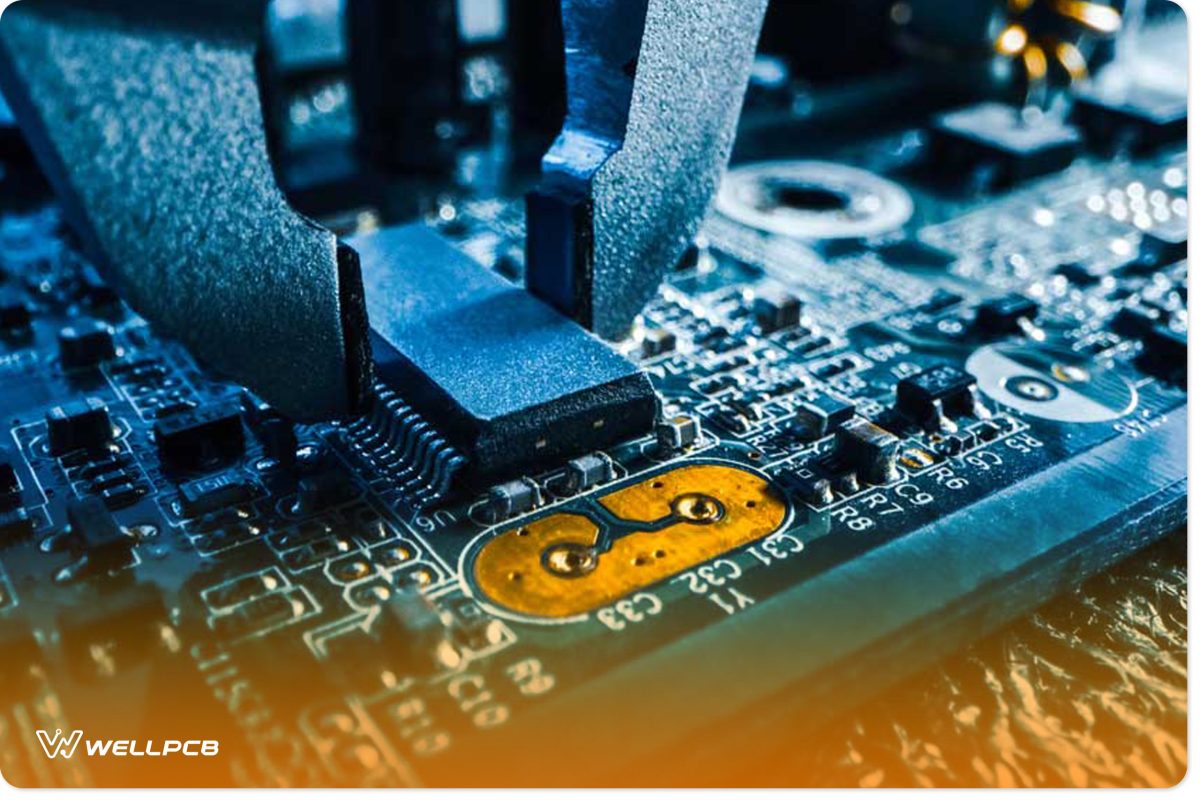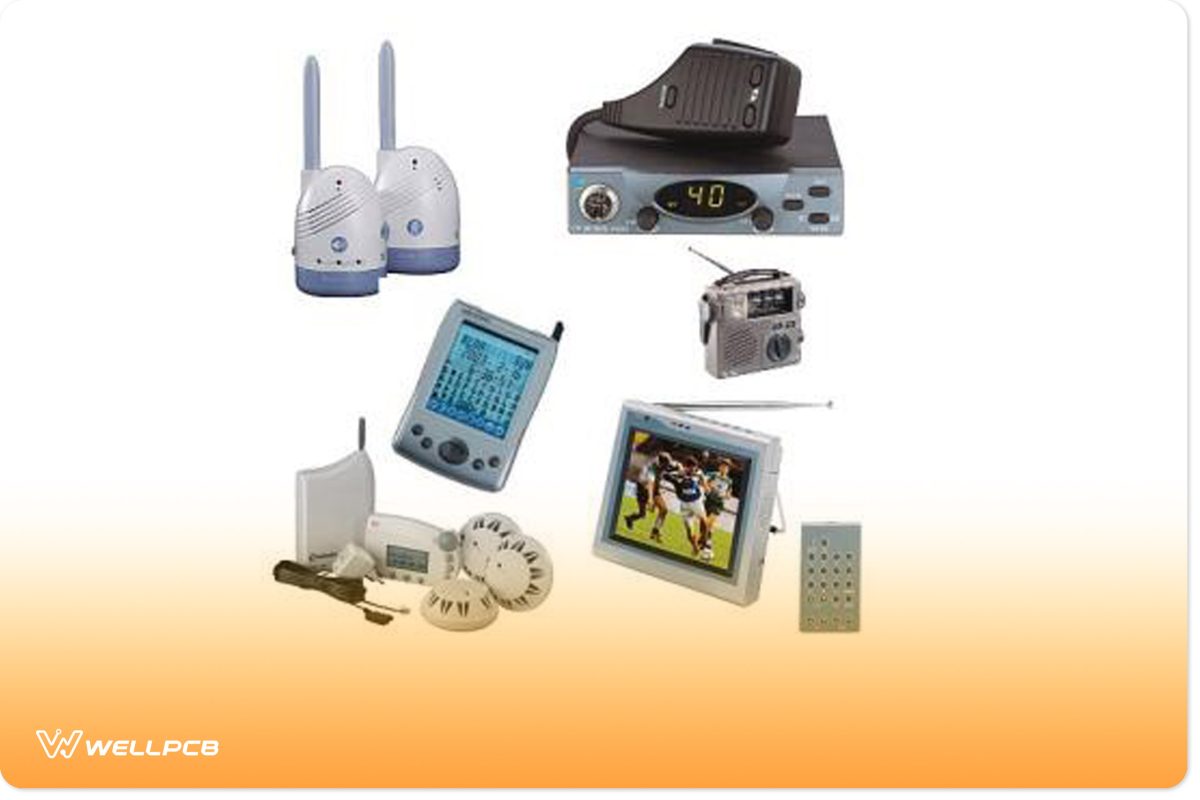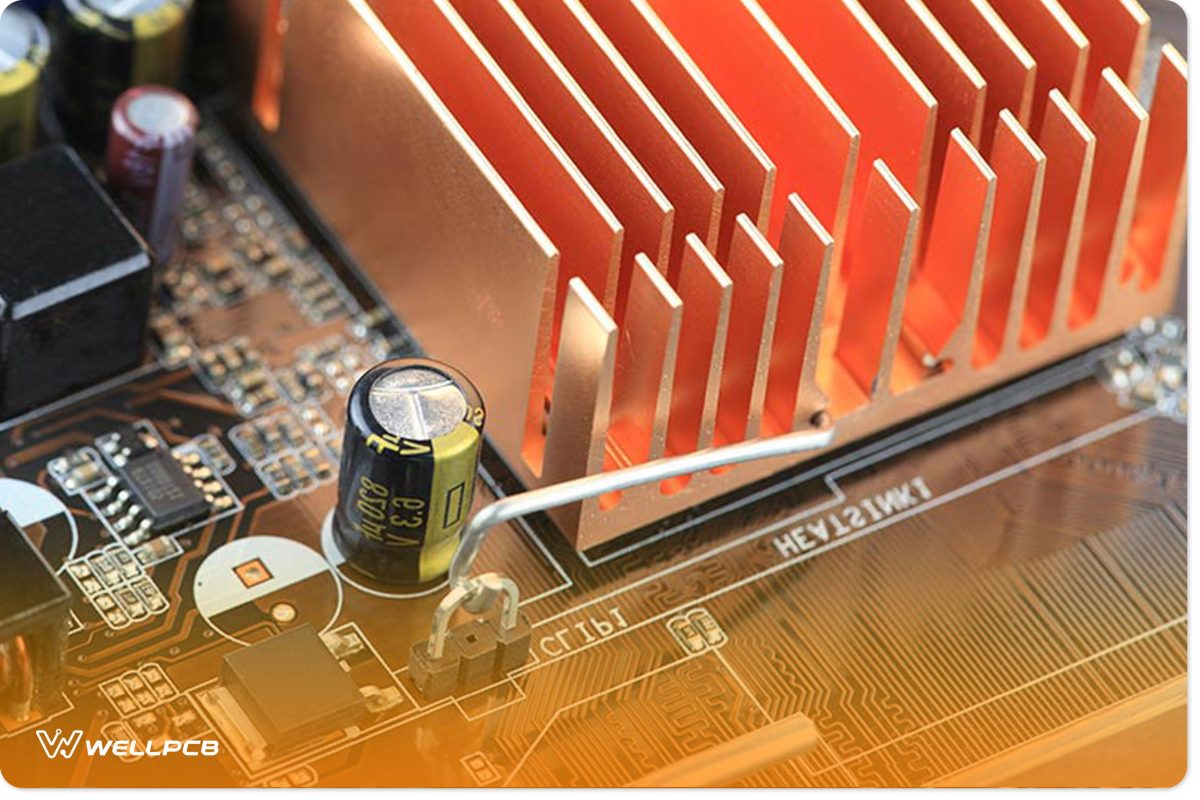Contents
- 1 Employment Opportunities
- 2 Merging of Consumer Electronics Manufacturing
- 3 Price Fluctuations
- 4 High-quality products
- 5 Clarity on Intellectual Property
- 6 Control over the Digital Home
- 7 Video and Audio
- 8 Wireless technology and Mobile electronics
- 9 Integrated Home systems
- 10 Advancement in Consumer Electronics manufacturing technology
- 11 Transformations through technology
- 12 The purchasing power of consumers
- 13 Professionals in the Consumer Electronics Manufacturing Industry
- 14 Conclusion
Employment Opportunities
The consumer electronics manufacturing industry has created employment for professionals in various fields, including engineers, salespersons, finance experts, and marketers.
All these players contribute to the development of more advanced electronic devices.
Asia is a major manufacturer of consumer electronics characterized by cheap labor.
The consumer electronics manufacturing industry employs electronics and software engineers as well.
Also, significant opportunities exist for industrial designers, quality assurance engineers, and information and technology professionals.
Several multinational corporations in the industry are employing professionals and offering good salaries.
Some corporations, including Mitsubishi and Samsung, provide opportunities to produce smartphones and High Definition Televisions.
Small and Medium-sized corporations also exist and offer employment opportunities to professionals in the field.
Individuals seeking job opportunities in these consumer electronics manufacturing industries should know the standards needed.
Most consumer electronics manufacturers produce brands that are distributed worldwide.
These corporations have great opportunities for travel and positions internationally.
Candidates with vast knowledge of international languages are preferred.
Numerous consumer electronics are spread across the United States, with a greater concentration on the East and West coasts of the country.
The Consumer Electronics Manufacturing industry has large corporations with branches in different locations.
Each chapter deals with a specific product line separate from the others or performs various functions.
Merging of Consumer Electronics Manufacturing
With recent developments in the industry, it has become challenging to categorize companies and their products into distinct categories that existed previously, such as consumer electronics, computer hardware, and telecommunication, among many others.
A good example is cell phones. The mobiles available in the global market today are multi-purpose.
And they perform different functions that would have required several gadgets.
These mobile phones can make and receive calls, take high-quality photographs, and send or even receive emails.
The same phones will use the Global Positioning System to provide information on their geographical location.
In addition to these functions, they are used to download and play music, videos, and games. All these functions are merged into one electronic device.
Therefore, it becomes difficult to categorize such a device traditionally as a consumer electronic device, computer hardware product, or even a telecommunication device.
With this kind of convergence, competition levels have risen in the three sub-sectors.
Computer hardware, telecommunications, and consumer electronics are each trying to get a leading position in the categories of newly released goods.
A good example is Internet-enabled mobile phones. With time, industries in this sector will be characterized by a reduction in profitability, acquisitions, and mergers.

Price Fluctuations
The computer hardware and consumer electronics manufacturing industries apply Moore’s Law: “The speed of a semiconductor will double after every 18 months.”
With recent developments in these industries, most consumer electronic devices depend on semiconductors to conduct their functions.
With this law, many companies that have invested in consumer electronics have developed a tendency to improve and continually release better products to the market.
Consumers, especially those keen on the most recent, high-quality products, are now spoilt for choice for the wide range of products available today.
Due to this, prices for most products are significantly reduced, and technology has been made available at a minimal cost.
High-quality products
Consumer Electronics Manufacturing outlets today are characterized by high-quality consumer goods.
For example, manufacturers have improved the quality of audio devices by utilizing digital radio technology in both home and car radios and releasing them to the market.
On the other hand, cameras are developing, and more advanced digital cameras that can digitally record videos are being released to the market.
Today, you can watch your favorite TV program from your phone and your car; you can access satellite TV that will keep you posted on the traffic status on your road.
This is what we refer to as technology. More advanced technologies are still expected to hit our markets shortly.

Clarity on Intellectual Property
From the early 1980s, when we released compact disks for audio applications, piracy of music and video products has dramatically impacted these industries.
The production and release of writable audio tapes and CDs and the dissemination of MP3 format for music recording were delayed due to the fear of piracy, resulting in excellent players in the entertainment industry.
Several negotiations with electronics and computer manufacturers, including features that protect copyrights in the devices they produce, have yielded results.
Players in the entertainment industry no longer have to worry about piracy, as developers of software that allows file sharing have been reported, and ISPs that enable downloading with downloaders have been sued.
Control over the Digital Home
Today, different electronic devices in homes can be linked together by wireless technology.
Through technology, gadgets such as televisions, mobile phones, cameras, and others have become more powerful, valuable, and internet-enabled.
To deal with a wide variety of products.
The Consumer Electronics Manufacturing industry has grown, with some of the largest producer companies employing more than 100,000 individuals.
The industry is also characterized by smaller enterprises, with as few as 50 employees working on one line of products.
Video and Audio
Today, most consumers of consumer electronic devices are interested in audio and video applications.
For this reason, manufacturers have invested in producing digital gadgets such as digital cameras, HD televisions, and digital music systems, including home theatres.
Wireless technology and Mobile electronics
Wireless technology and mobile electronics in communication have produced high-quality electronic devices sold at reasonable prices.
Today, there is a high demand for high-end electronic devices such as wired PDAs and mobile phones that can transmit data and voice at high speed using wireless networks.
Manufacturers of top-quality car audio, navigation, multimedia, and security systems utilize digital technologies to make significant milestones in the Consumer Electronics Manufacturing market.

Integrated Home systems
Electronic devices have been developed with integrated home systems that have networks to each other and global connections through wireless internet connections.
These devices power smart homes.
Manufacturers such as Whirlpool, Sunbeam, and IBM are trying to develop electronic devices that can be networked.
Advancement in Consumer Electronics manufacturing technology
With the rapid growth and development of technology in the consumer electronics industry, lovers of electronic devices find it exciting to work in the industry.
With today’s neck-throat competition, industry employees are more interested in working and outdoing their competitors.
Transformations through technology
The wave of technological advancements has realized a massive transformation. The world is moving from traditional ways of doing things to more advanced technologies.
Such as smart homes, smartphones, and smart cars, and still more is yet to come.
Improved consumer electronic products have significantly impacted how we entertain ourselves, communicate and exchange information.
The purchasing power of consumers
Consumers’ purchasing power will determine their ability to purchase the most recent consumer electronics released to the market.
The local and global economic status dictates this. When the economy is stable, consumers’ disposable incomes increase.
However, when the economy is poor, consumers focus mainly on basic needs.
Consequently, consumer electronics sales fluctuate, reducing the number of employees in the Consumer Electronics Manufacturing industry.
Professionals in the Consumer Electronics Manufacturing Industry
The Consumer Electronics Manufacturing industry is vast and employs employees at different value chain levels.
It is characterized by large, small, and medium-sized corporations dealing in other products.
Excellent opportunities exist for innovation in the design, development, manufacture, distribution, and sales and marketing of consumer electronics.
Technical jobs include software, systems, and hardware engineering.
On the other hand, opportunities exist for business professionals such as sales and marketing experts.
Conclusion
The Consumer Electronics Manufacturing industry is a vast industry with substantial unexploited potential.
With inventions, innovations, and technological advancements, consumers have a wide range of high-quality products.
This industry significantly contributes to the general global economy through its production activities and the job opportunities it has created.





